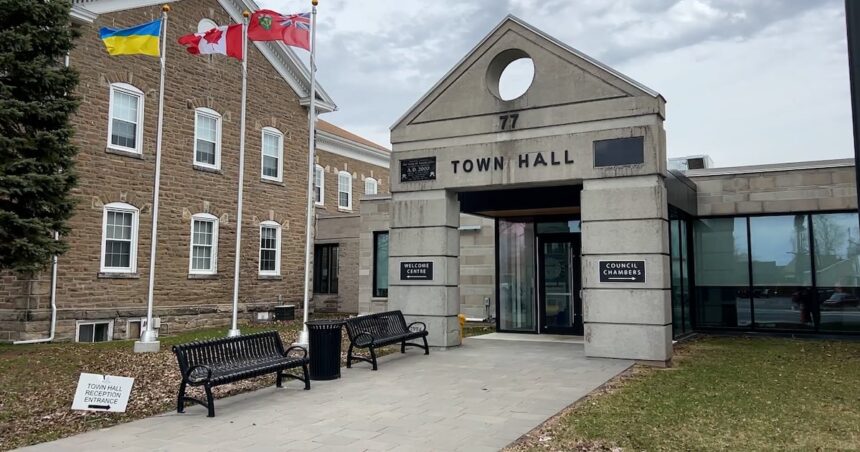The quaint riverside town of Smiths Falls, Ontario has taken the extraordinary step of declaring a food insecurity emergency, becoming what local officials believe is the first Canadian municipality to formally acknowledge a crisis that has been silently devastating communities across the nation.
As grocery carts grow lighter and food bank shelves emptier, the town council voted unanimously Monday evening to sound the alarm on what Mayor Shawn Pankow describes as “an increasingly dire situation that demands immediate attention from all levels of government.”
“We can no longer pretend this is a problem that will solve itself,” Pankow told CO24 in an exclusive interview following the declaration. “When one in five of our residents is struggling to put adequate food on the table, we have passed the threshold from concern to emergency.”
The declaration follows troubling statistics from the local Salvation Army food bank, which reported serving 931 households in 2023—a staggering 41 percent increase from the previous year. Even more alarming, the first quarter of 2024 has already seen demand surge another 31 percent compared to the same period last year.
“These aren’t just numbers on a spreadsheet,” explained Salvation Army Lieutenant Jennifer Hillsley. “These are our neighbors, seniors on fixed incomes, working families, and increasingly, people who never imagined they would need a food bank.”
The emergency declaration, while primarily symbolic, represents a desperate plea for additional resources and a coordinated response from provincial and federal authorities. Council members hope the formal acknowledgment will cut through bureaucratic red tape and accelerate assistance to a community in crisis.
The town’s bold move comes amid skyrocketing food prices that have outpaced wage growth across Canada. Food inflation has hit rural communities like Smiths Falls particularly hard, where transportation costs add another layer of expense to already elevated grocery prices.
Councilor Wendy Alford, who supported the declaration, pointed to housing affordability as a compounding factor. “When families are spending upwards of 50 percent of their income on housing, something has to give—and too often, that’s food quality and quantity,” she noted during Monday’s council meeting.
The situation in Smiths Falls reflects a broader national trend in food insecurity that experts have been monitoring with growing concern. According to Food Banks Canada, nearly 2 million Canadians visited food banks in March 2023 alone—a figure that represents a 32 percent increase over pre-pandemic levels.
Dr. Eleanor Matthews, a food security researcher at Carleton University, praised the town’s declaration. “Acknowledging the emergency nature of food insecurity is an important first step. Too often, hunger is treated as an individual failure rather than a systemic issue requiring policy interventions.”
The declaration outlines several immediate actions, including the establishment of a food security task force, expansion of community garden initiatives, and exploration of a municipal food discount program. However, council members emphasized that these local efforts must be supplemented by provincial and federal support to address root causes.
“We’re doing what we can with limited resources,” Mayor Pankow explained. “But meaningful change will require coordinated political action at multiple levels to address income inequality, affordable housing, and the rising cost of essentials.”
As Smiths Falls takes this unprecedented step, residents and officials alike are left wondering: How many other Canadian communities are experiencing similar emergencies without the courage or resources to formally declare them, and what will it take for our society to treat hunger with the urgency it deserves?










